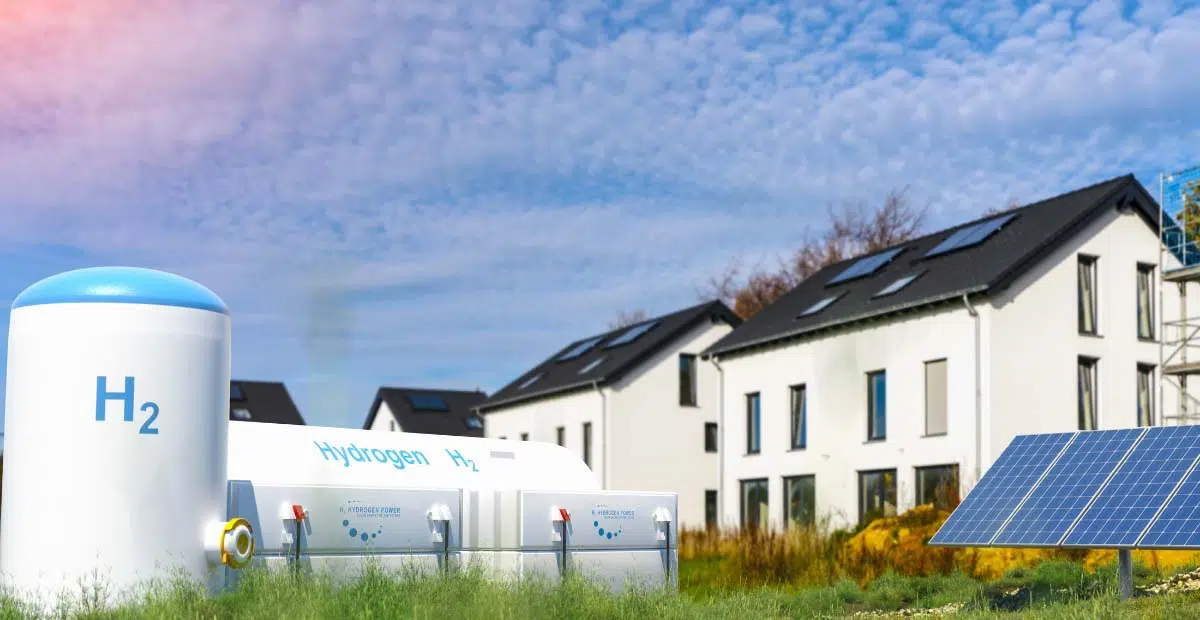Energy leaders in Atlantic Canada have joined forces to pursue increased access to clean hydrogen in the region.
The Atlantic Hydrogen Alliance is made up of several groups, including the Atlantica Centre for Energy.
Colleen d’Entremont, president of the centre, said they are very excited to be part of this pan-Atlantic initiative.
“It’s great to have Newfoundland and Labrador, Prince Edward Island, Nova Scotia and New Brunswick all working together to really educate the public, advocate for, and bring partnerships together for the advancement of the use of hydrogen,” d’Entremont said in a phone interview.
Hydrogen will be a “key part” of the region’s energy mix to reach net-zero emissions by 2050, according to the alliance. It referenced two recent feasibility studies which found hydrogen could deliver 20 per cent of the region’s energy by 2050.
D’Entremont said Atlantic Canada is well-positioned for the use of hydrogen, which she described as “one of the most plentiful molecules in the universe,” to help decarbonize hard-to-abate sectors such as heavy transportation and industrial processes.
She said it can be produced in a number of different ways, such as using renewable energy to split water molecules to create hydrogen and oxygen. The hydrogen is then compressed and stored before being distributed to customers.
“There’s a lot of energy assets that can really use hydrogen to reduce the emissions in the production and use of energy,” said d’Entremont.
“It’s a great fit for transportation fuels such as marine fuels and over-the-road transportation, trains. It’s great to help electrify things, as well, and it’s great for reducing emissions in natural gas.”
Other groups involved in the alliance include Heritage Gas, Liberty Utilities, Saint John Energy, EcoNext, OERA, Port of Halifax and Deloitte Canada.
The alliance will focus on four key deliverables: developing an Atlantic hydrogen roadmap; identifying key enabling conditions for hydrogen development; facilitating the creation of one or more hydrogen “hubs” in Atlantic Canada; and increasing awareness and interest for hydrogen development locally.
Alisdair McLean, executive director of OERA, said while renewable electricity will be important, it simply will not be enough to get to net-zero.
“If we’re serious about getting to net-zero, we need to get serious about hydrogen,” McLean said in a news release.
D’Entremont said the opportunities for hydrogen in the region have already begun, noting that companies such as Liberty Utilities, Saint John Energy, and wind developers have already started looking at the gas.
“It’s a good timing for the governments at the federal and provincial levels and academia such as the University of New Brunswick to all partner together to work on setting up these pilot projects and see if they can be commercialized,” she said.









